
Radar | Feb 05,2022
The federal government has secured finance from the World Bank to build a hybrid mini-grid power plant, partially tapping energy from solar sources.
The 217 million dollar project is designed to generate 35MW powering 240,000 households in towns in all but Harari, Tigray and Benishangul-Gumuz regional states. The Africa Development Bank (ADB) has also provided 161 million dollars in loans to build 25 mini-grid plants in all but Afar and Gambella regional states.
Under a program dubbed Access to Distributed Electricity and Lighting in Ethiopia (ADELE), the project foresees to cover 30pc of 201 villages during the first phase. ADELE is part of Ethiopia’s long-held aspirations to achieve universal electricity access by 2025. The goal is to expand the electrification program to cover the country with affordable tariffs.
Ethiopia’s energy policy was introduced in 1994, relying on hydropower to meet demand growing by an estimated 20pc annually. Close to 90pc of the 4,500MW generated electric power comes from hydropower sources and dams built and operated by the federal government. Despite wind and geothermal potential, users continue to experience cut-offs and load shedding.
The federal government hopes to increase power generation five-fold in the coming decade, with the private sector accounting for a quarter of it. However, the involvement of private operators in energy production remains almost nonexistent.
Tulu Moye Geothermal Operations Plc is investing in a geothermal power plant yet under development.
The finance from the World Bank, directed to Ethiopian Electric Utility (EEU), is almost half of the half-billion dollars earmarked for the ADELE programme. Part of this fund was used to build grid expansion in Addis Abeba and seats of the 10 regional states. It also addresses off-grid solar (OGS) electricity systems to households and 1,400 public institutions. At a projected cost of 483 million Br, electricity meters, transformers and transmission lines were rolled out.
Several towns in Amhara Regional State cities are among the beneficiaries.
In North Gonder, Wasel Kebele saw 1.15Km medium and 22.6Km low transmission lines rolled out, while four transformers were installed. Over 300 single-phase electric meters were lined up. Residents in the West Gonder Zone saw 2.2Km of medium and 12.8Km transmission lines, four transformers, and 188 single-phase electric meters installed.
However, according to Kirubel Kefyalew, head of the electric utility management bureau under the Amhara Regional State, the project is yet to be completed.
The EEU project office floated half a dozen international tenders last month, including hiring consultants to prepare bid documents for engineering, procurement, and construction (EPC). The tenders for suppliers of distribution parts for 70 and solar plants for 30 mini-grids have brought misgivings from domestic companies. Some complained the tenders appear to favour international bidders.
Established in 2014 with a registered capital of 25,000 Br, Dumsel Trading Plc imports solar technologies. Importing “Golden Solar Energy” from china, the company has recently delivered 150 solar products installed on the streets of Bahir Dar.
Dumsel Trading General Manager, Issayas Girma, argues domestic companies should be offered the opportunity to participate in international bids.
“I was not informed about the bids,” he told Fortune. “We could have worked through a joint venture arrangement.”
Dumsel Trading imports solar products from China annually, attributing the limitations to forex crunches. The company imports two to three containers of products at a time.
Supplementing the national electricity generation through off-grid alternatives is seen as a viable way of expanding coverage to remote rural areas.
Tigabu Atalo, an independent power consultant, noted irregular and scattered settlements in rural areas covered by on-grid access would be costly.
“Off-grid access accelerates urbanization,” he told Fortune. “It encourages people to migrate to where electricity access can be reached.”
However, Tigabu warned that battery-operating solar products could be misused and quickly drained without extensive user training on operations and maintenance.
“The government should create room for the private sector to take part in the projects,” he said.
PUBLISHED ON
Oct 08,2022 [ VOL
23 , NO
1171]

Radar | Feb 05,2022

Radar | Jun 24,2023
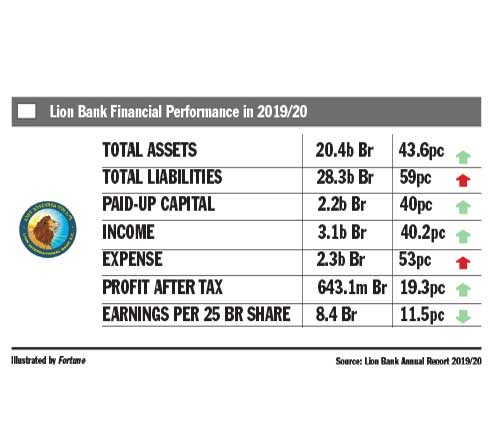
Fortune News | Mar 13,2021
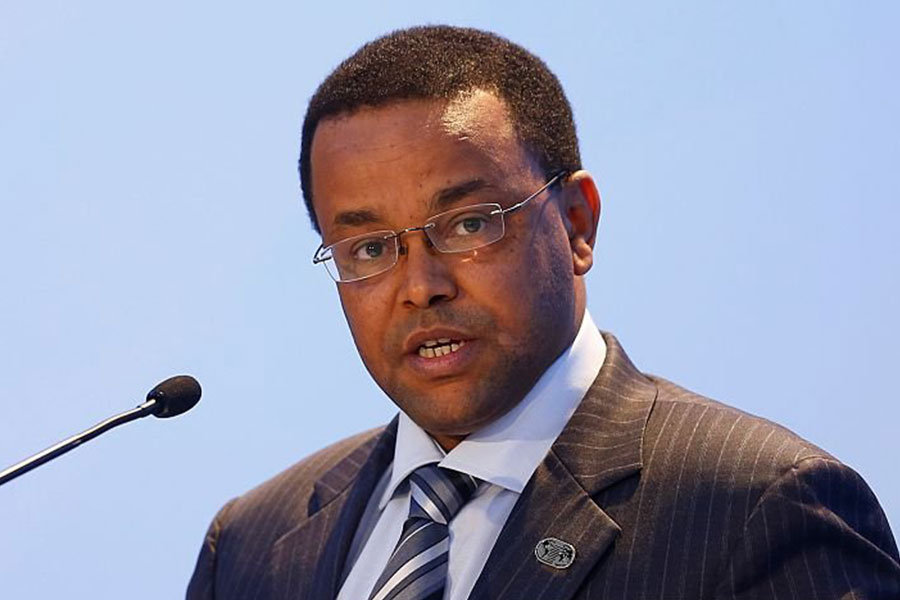
Radar | Sep 10,2022

Commentaries | Nov 30,2019
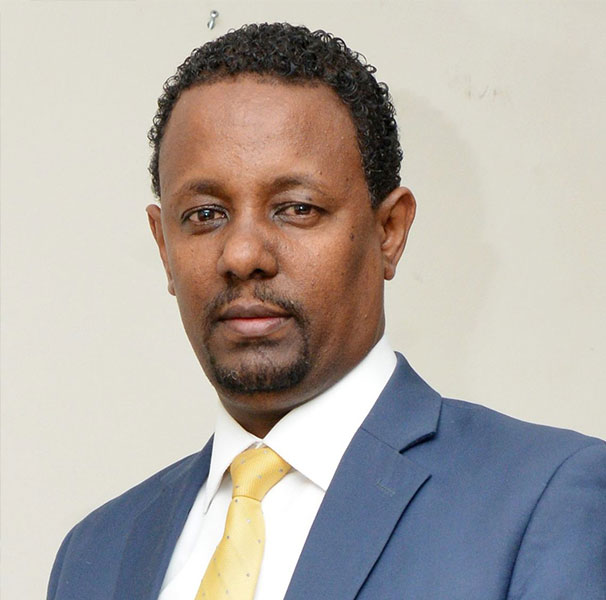
Fortune News | Jan 02,2021

Radar | Jul 27,2019
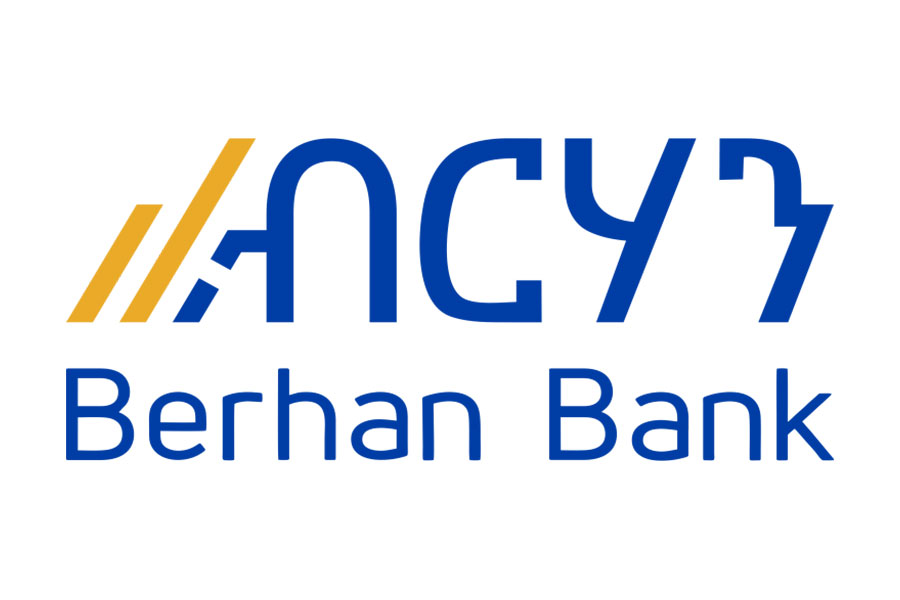
Fortune News | Jan 15,2022

Radar | Sep 10,2022
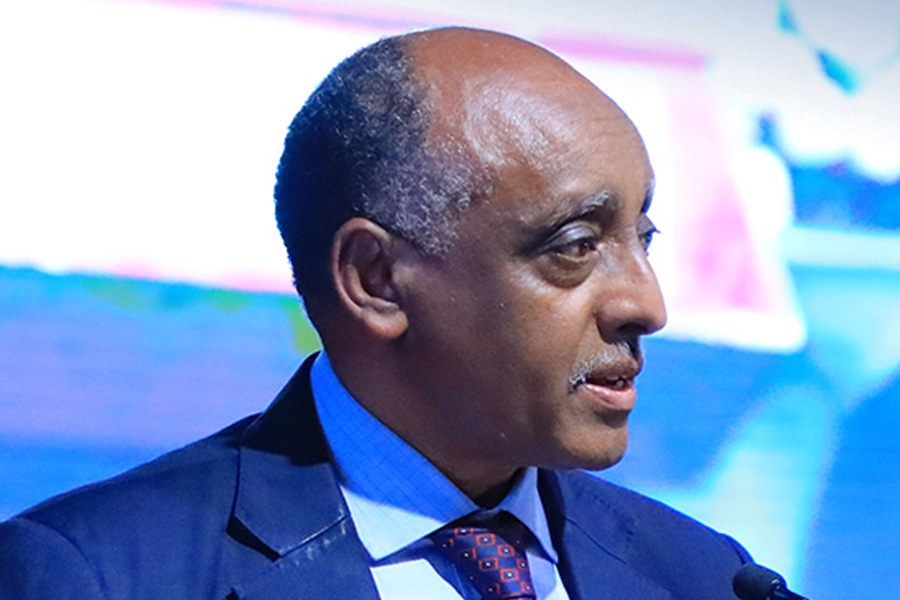
Radar | Dec 15,2024

Dec 22 , 2024 . By TIZITA SHEWAFERAW
Charged with transforming colossal state-owned enterprises into modern and competitiv...

Aug 18 , 2024 . By AKSAH ITALO
Although predictable Yonas Zerihun's job in the ride-hailing service is not immune to...

Jul 28 , 2024 . By TIZITA SHEWAFERAW
Unhabitual, perhaps too many, Samuel Gebreyohannes, 38, used to occasionally enjoy a couple of beers at breakfast. However, he recently swit...

Jul 13 , 2024 . By AKSAH ITALO
Investors who rely on tractors, trucks, and field vehicles for commuting, transporting commodities, and f...

Oct 4 , 2025
Eyob Tekalegn (PhD) had been in the Governor's chair for only weeks when, on Septembe...

Sep 27 , 2025
Four years into an experiment with “shock therapy” in education, the national moo...

Sep 20 , 2025
Getachew Reda's return to the national stage was always going to stir attention. Once...

Sep 13 , 2025
At its launch in Nairobi two years ago, the Africa Climate Summit was billed as the f...